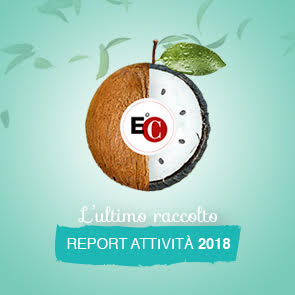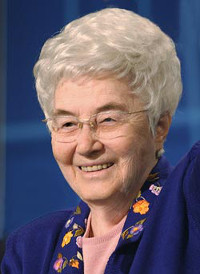Video - The Economy of Communion: a Christian way to fight poverty
published on romereports.com TV NEWS AGENCY, July 16, 2011
Twenty years ago, a project was launched in Brazil to fight poverty. It's called the Economy of Communion, organized by the founder of the Focolare Movement, one of the most active movements in the Catholic Church.
The initiative involves 1,700 employers, employees and researchers. Now, the group is working on setting its goals for the next 20 years.
Alberto Ferrucci -Entrepreneur, Central Committee, Economy of Communion
"In these 20 years, the goal of these entrepreneurs has been to show other people of good will, like those working in farms, production sites, schools and universities that there are other options. It shows them concrete projects that can solve the scarcity of natural resources and energy. It's a way to develop the environment on a large-scale. It also reflects young people's desire to live a decent life without being forced to emigrate."
This all started when Chiara Lubich visited Brazil in 1991. She was deeply shocked by the deep poverty gap in the areas surrounding Sao Paolo.
Luigino Bruni - Professor Economics, University of Milano Bicocca (Italy), Central Committee, Economy of Communion
"Chiara, actually denounced the failure of the market and brought forth the proposal for something new. How is it that capitalism can create sky-scrappers, but it can't feed the starving child? When the Economy of Communion came about if offered companies in the social field a way to create a profit. It was something entirely new. It wasn't the usual way. Until then, those who wanted profitability would start a business, and those who wanted to help society would start a non profit.”
So the Economy of Communion was born. It's a new approach to the economy where companies focus on work that closes the gap between the rich and poor. Then, they can use part of their profits for those who need it most. So far nine industrial parks and 800 companies were developed under this project.
Darci Rodrigues
"Initially, Chiara wanted the Focolare Movement of Brazil to take on this project. But now, a large number of people from all continents followed the model. We follow it with a true vocation."
The Economy of Communion is based on the idea that the key factor of any business are people and not money.
Stefano Zamagni - Professor Economics, University of Bologna (Italy)
"These initiatives are important not only for its results, but also for the message it sends. It has a symbolic meaning: to show that there are companies operating in the market with a logic different from the traditional Homo Economicus."
The meeting focused on how the Economy of Communion can revive the economy on an international level. But above all it focused on how businesses can also re-direct their mission.









